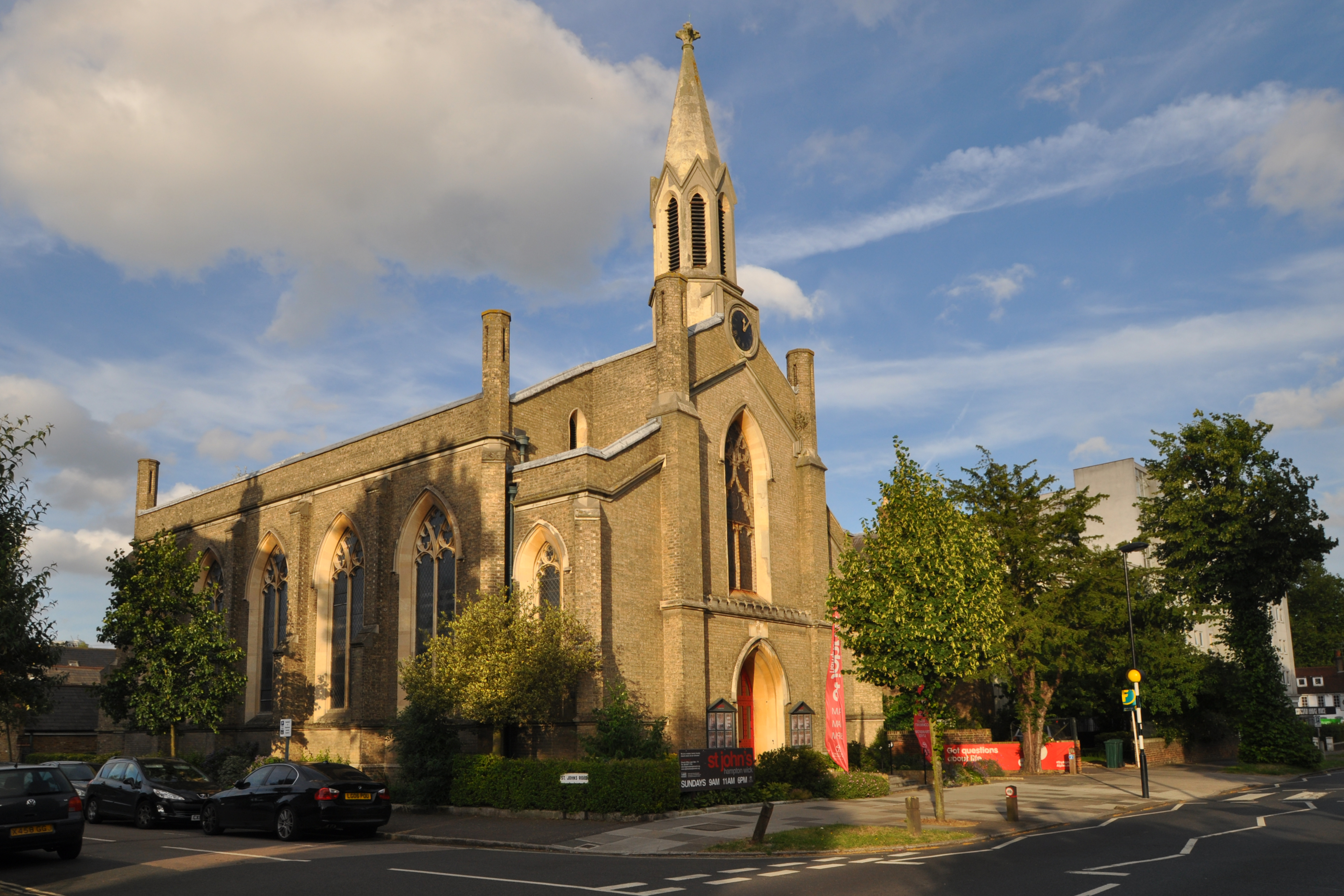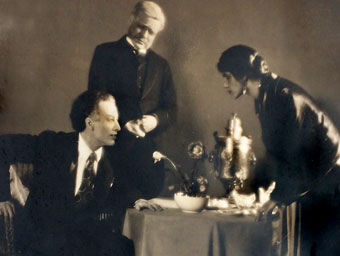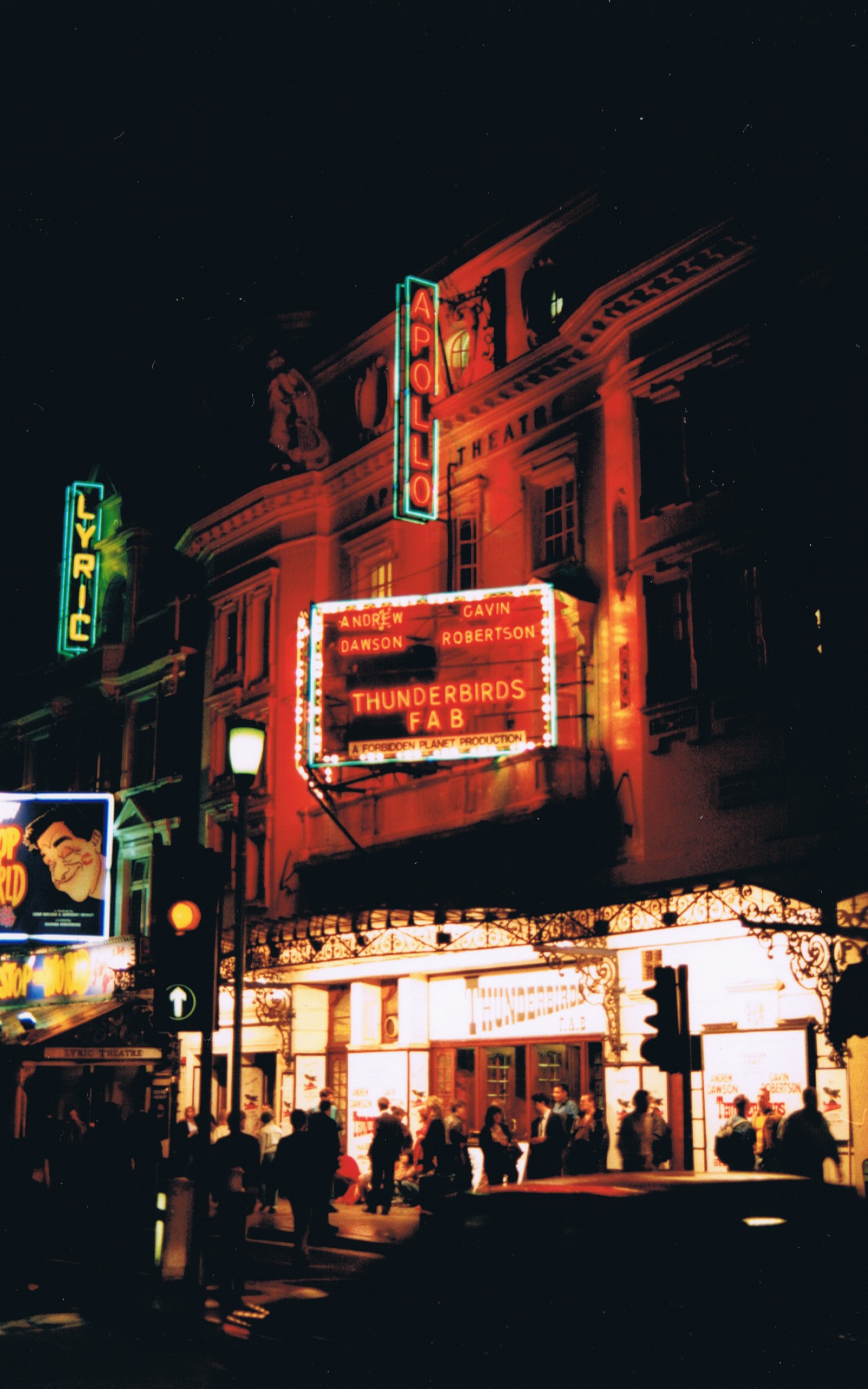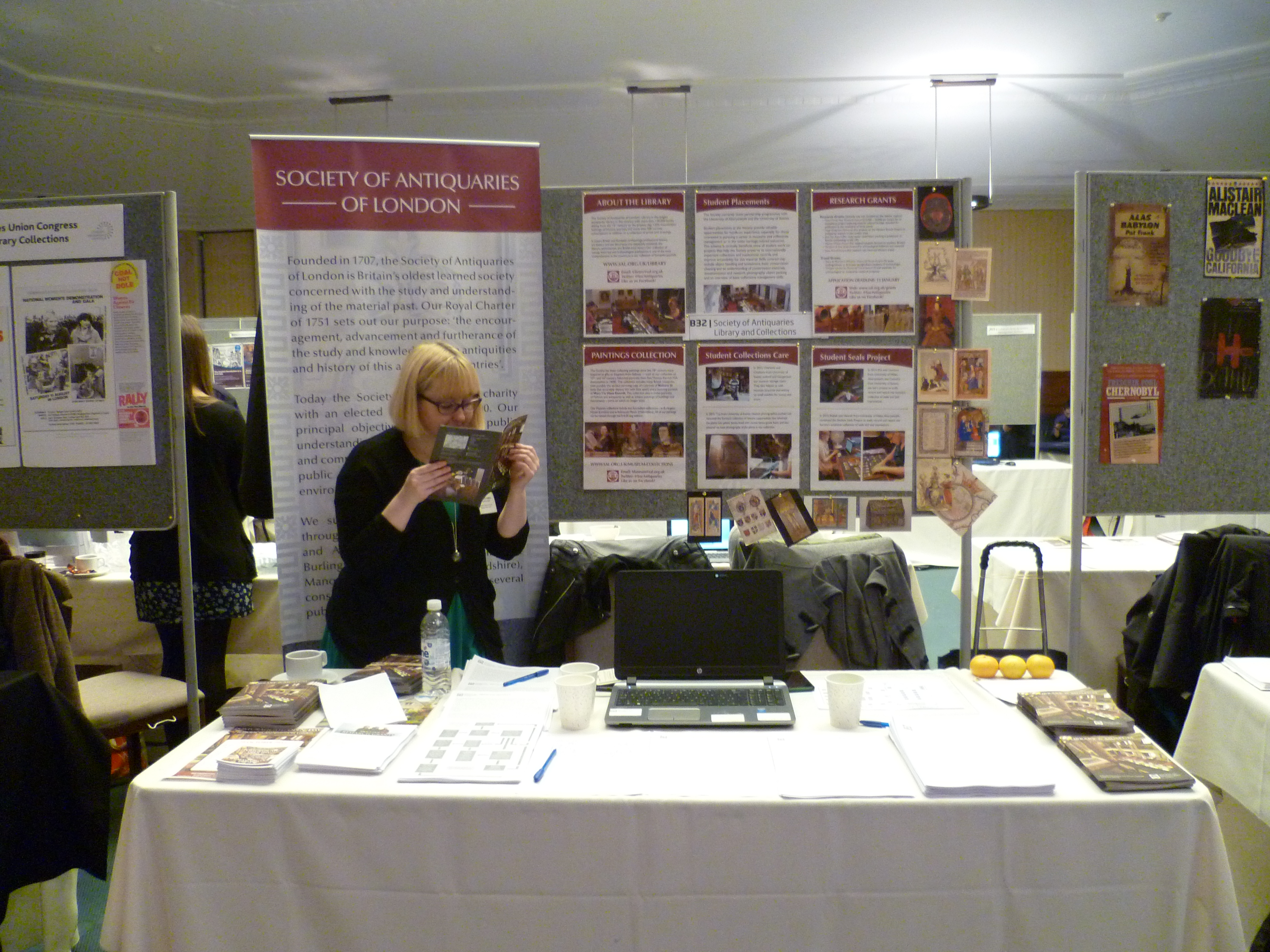|
R.C. Sherriff
Robert Cedric Sherriff, FSA, FRSL (6 June 1896 – 13 November 1975) was an English writer best known for his play ''Journey's End'', which was based on his experiences as an army officer in the First World War. He wrote several plays, many novels, and multiple screenplays, and was nominated for an Academy Award and two BAFTA awards. Early life Sherriff was born in Hampton Wick, Middlesex, to insurance clerk Herbert Hankin Sherriff and Constance Winder. He was educated at Kingston Grammar School in Kingston upon Thames from 1905 to 1913. After he left school, Sherriff began working at an insurance office as a clerk in 1914. Military service Sherriff served as an officer in the 9th battalion of the East Surrey Regiment in the First World War, taking part in the fighting at Vimy Ridge and Loos. He was severely wounded at Passchendaele near Ypres in 1917. Post-war period After recovering from his wounds, Sherriff worked as an insurance adjuster from 1918 to 1928 at Sun Insuran ... [...More Info...] [...Related Items...] OR: [Wikipedia] [Google] [Baidu] |
Hampton Wick
Hampton Wick is a Thamesside area of the London Borough of Richmond upon Thames, England, contiguous with Teddington, Kingston upon Thames and Bushy Park. Market gardening continued until well into the twentieth century. With its road and rail connections to London along the M4 corridor, it is within the London commuter belt. Although north of the River Thames, the area forms part of the Kingston upon Thames and Molesey, East Molesey post towns based on the south side of the river. As the river flows north past Hampton Wick and Kingston, it is actually west of Kingston. History There is evidence of Roman Britain, Roman occupation. Kingston Bridge, London, Kingston Bridge, the first bridge linking the village with Kingston upon Thames is dated from about 1219 and replaced the Roman Ford (crossing), ford at this point. Cardinal Wolsey is believed to have lived in Hampton Wick (in Lower Teddington Road) while waiting for Hampton Court Palace to be built. The parish of Hampton w ... [...More Info...] [...Related Items...] OR: [Wikipedia] [Google] [Baidu] |
Battle Of Loos
The Battle of Loos took place from 1915 in France on the Western Front (World War I), Western Front, during the First World War. It was the biggest British attack of 1915, the first time that the British used Chemical weapons in World War I, gas as a weapon and the first mass engagement of Kitchener's Army, New Army divisions. The French and British tried to break through the German defences in County of Artois, Artois in the north and Champagne (historical province), Champagne at the south end of the Noyon Salient to restore a war of movement. Despite improved methods, more ammunition, better equipment and gas, the Franco–British attacks were contained by the Germans, except for local losses of ground. The British gas attack failed sufficiently to neutralise the defenders and the artillery bombardment was too short to destroy barbed wire and machine-gun nests. German defensive fortifications and tactics could not be overcome by the British who were still assembling a mass a ... [...More Info...] [...Related Items...] OR: [Wikipedia] [Google] [Baidu] |
Maurice Browne
Maurice Browne (12 February 1881 – 21 January 1955) was a man of the theatre in the United States and the United Kingdom. A poet, actor and theatre director, he has been credited, along with his then-wife Ellen Van Volkenburg, as the founder of the Little Theatre Movement in America through his work with the Chicago Little Theatre. Early life He was born in Reading, England, the son of the Rev. Frederick Herbert Browne, a graduate of Wadham College, Oxford and head of Ipswich School, and his wife Frances Anne Neligan, daughter of the Rev. Maurice Neligan D.D. He was educated at Temple Grove School and Winchester College. In 1894 his father committed suicide, leaving four children. Frances moved to Eastbourne to run a school, and Maurice moved to Eastbourne College. From there he won a scholarship to Peterhouse, Cambridge, where he matriculated in Michaelmas Term 1900, having first joined up to the British Army and spent time in South Africa during the Second Anglo-Boer ... [...More Info...] [...Related Items...] OR: [Wikipedia] [Google] [Baidu] |
Laurence Olivier
Laurence Kerr Olivier, Baron Olivier ( ; 22 May 1907 – 11 July 1989) was an English actor and director. He and his contemporaries Ralph Richardson and John Gielgud made up a trio of male actors who dominated the British stage of the mid-20th century. He also worked in films throughout his career, playing more than fifty cinema roles. Late in his career he had considerable success in television roles. Olivier's family had no theatrical connections, but his father, a clergyman, decided that his son should become an actor. After attending a drama school in London, Olivier learned his craft in a succession of acting jobs during the late 1920s. In 1930 he had his first important West End success in Noël Coward's '' Private Lives'', and he appeared in his first film. In 1935 he played in a celebrated production of ''Romeo and Juliet'' alongside Gielgud and Peggy Ashcroft, and by the end of the decade he was an established star. In the 1940s, together with Richardson and ... [...More Info...] [...Related Items...] OR: [Wikipedia] [Google] [Baidu] |
James Whale
James Whale (22 July 1889 – 29 May 1957) was an English film director, theatre director and actor, who spent the greater part of his career in Cinema of the United States, Hollywood. He is best remembered for several horror films: ''Frankenstein (1931 film), Frankenstein'' (1931), ''The Old Dark House (1932 film), The Old Dark House'' (1932), ''The Invisible Man (1933 film), The Invisible Man'' (1933) and ''Bride of Frankenstein'' (1935), all considered classics. Whale also directed films in other genres, including the 1936 Show Boat (1936 film), film version of the musical ''Show Boat''. Whale was born into a large family in Dudley, Worcestershire now Metropolitan Borough of Dudley. He discovered his artistic talent early on and studied art. With the outbreak of World War I, he enlisted in the British Army and became an officer. He was captured by the Germans and during his time as a prisoner of war he realised he was interested in drama. Following his release at the en ... [...More Info...] [...Related Items...] OR: [Wikipedia] [Google] [Baidu] |
Apollo Theatre
The Apollo Theatre is a listed building, Grade II listed West End theatre in Shaftesbury Avenue in the City of Westminster, in central London.English Heritage listing accessed 28 April 2007 Designed by the architect Lewin Sharp for owner Henry Lowenfeld, it became the fourth legitimate theatre to be constructed on the street when it opened its doors on 21 February 1901, with the American Edwardian musical comedy, musical comedy ''The Belle of Bohemia''. History Construction Henry Lowenfeld had bought land on the newly created Shaftesbury Avenue at the turn of the 20th century—next door to the Lyric Theatre, London, Lyric Theatre, which opened in 1888—and as a ...[...More Info...] [...Related Items...] OR: [Wikipedia] [Google] [Baidu] |
Incorporated Stage Society
The Incorporated Stage Society, commonly known as the Stage Society, was an English theatre society with limited membership which mounted private Sunday performances of new and experimental plays, mainly at the Royal Court Theatre (whose Vedrenne- Barker management is said to have originated in the Society's work) but also at other London West End venues. Founded in 1899 "to regenerate the Drama", it followed the Independent Theatre Society in this activity. Its plays particularly included the first performances of plays that had been banned for public performance by the Lord Chamberlain. George Bernard Shaw, Harley Granville Barker, St. John Hankin, Gilbert Murray and Clifford Bax were all involved with the company. Its council decided in 1930 that the rise of other groups like the Gate Theatre meant the Society's work was complete and, though a 1930 proposal for its dissolution was defeated, it fell into abeyance on the outbreak of the Second World War in 1939. Its aims were co ... [...More Info...] [...Related Items...] OR: [Wikipedia] [Google] [Baidu] |
Selsey
Selsey () is a seaside town and civil parishes in England, civil parish, about south of Chichester, West Sussex, England. Selsey lies at the southernmost point of the Manhood Peninsula, almost cut off from mainland Sussex by the sea. It is in the Chichester (district), Chichester Districts of England, district and is bounded to the west by Bracklesham Bay, to the north by Broad Rife, to the east by Pagham Harbour and terminates in the south at Selsey Bill. There are significant rock formations beneath the sea off both of its coasts, named the Owers rocks and The Mixon, Mixon rocks. Coastal erosion has been an ever-present problem for Selsey. In 2011 the parish had a population of 10,737. The B2145 is the only road in and out of the town crossing a bridge over the water inlet at Pagham Harbour at a point known as "the ferry". At one time Selsey was inaccessible at flood tide, and a boat was stationed at the ferry to take horses and passengers to and from Sidlesham. Place name ... [...More Info...] [...Related Items...] OR: [Wikipedia] [Google] [Baidu] |
Kingston Rowing Club
Kingston Rowing Club (KRC) is a rowing club in England founded in 1858 and a member club of British Rowing. The club is located on the River Thames at Kingston upon Thames, downstream and north-east of Kingston Bridge and Kingston Railway Bridge. On a long wide stretch, its rowers and scullers have the final and the second longest section of the weir-controlled river. Kingston have produced a significant list of international level oarsmen and oarswomen throughout its history and has won events at the British Rowing Championships and Henley Royal Regatta through the years. Kingston Rowing Club is the supporting club for Kingston Regatta which is held above Kingston Bridge. Kingston organises Kingston Head of the River Race which is a warm-up for the national Head of the River Race on the Championship Course on the following weekend. History The club started at Messenger's Boathouse, Kingston and was housed there for three years before moving upstream. From 1861 to 1 ... [...More Info...] [...Related Items...] OR: [Wikipedia] [Google] [Baidu] |
Society Of Antiquaries Of London
The Society of Antiquaries of London (SAL) is a learned society of historians and archaeologists in the United Kingdom. It was founded in 1707, received its royal charter in 1751 and is a Charitable organization, registered charity. It is based at Burlington House in Piccadilly, a building owned by the Government of the United Kingdom, UK government. The modern membership of around 3,300 fellows mostly consists of archaeologists and historians, who can use the post-nominal letters FSA after their names. Membership Fellows (full members) of the society are elected by existing fellows and are entitled to use the post-nominal letters FSA after their names. The election procedure is selective and fellowship is regarded as recognition of significant achievement in the fields of archaeology, antiquities, history or heritage. A nomination must be made by an existing fellow and endorsed by between five and twelve other fellows. A secret ballot of the membership is then held; to be s ... [...More Info...] [...Related Items...] OR: [Wikipedia] [Google] [Baidu] |
Royal Society Of Literature
The Royal Society of Literature (RSL) is a learned society founded in 1820 by King George IV to "reward literary merit and excite literary talent". A charity that represents the voice of literature in the UK, the RSL has about 800 Fellows, elected from among the best writers in any genre currently at work. Additionally, Honorary Fellows are chosen from those who have made a significant contribution to the advancement of literature, including publishers, agents, librarians, booksellers or producers. The society is a cultural tenant at London's Somerset House. The RSL is an independent charity and relies on the support of its Members, Patrons, Fellows and friends to continue its work. History The Royal Society of Literature (RSL) was founded in 1820, with the patronage of George IV, to "reward literary merit and excite literary talent", and its first president was Thomas Burgess, Bishop of St David's (who was later translated as Bishop of Salisbury). From the beginning of the ... [...More Info...] [...Related Items...] OR: [Wikipedia] [Google] [Baidu] |
New College, Oxford
New College is a constituent college of the University of Oxford in the United Kingdom. Founded in 1379 by Bishop William of Wykeham in conjunction with Winchester College as New College's feeder school, New College was one of the first colleges in the university to admit and tutor undergraduate students. The college is in the centre of Oxford, between Holywell Street and New College Lane (known for Oxford's Bridge of Sighs). Its sister college is King's College, Cambridge. The choir of New College has recorded over one hundred albums, and has won two Gramophone Awards. History Despite its name, New College is one of the oldest of the Oxford colleges; it was founded in 1379 by William of Wykeham, Bishop of Winchester, as "Saint Mary College of Winchester in Oxenford", with both graduates and undergraduates. It became known as "New College" because there was already a college dedicated to St Mary in Oxford ( Oriel College). Foundation In 1379 William of Wykeh ... [...More Info...] [...Related Items...] OR: [Wikipedia] [Google] [Baidu] |








